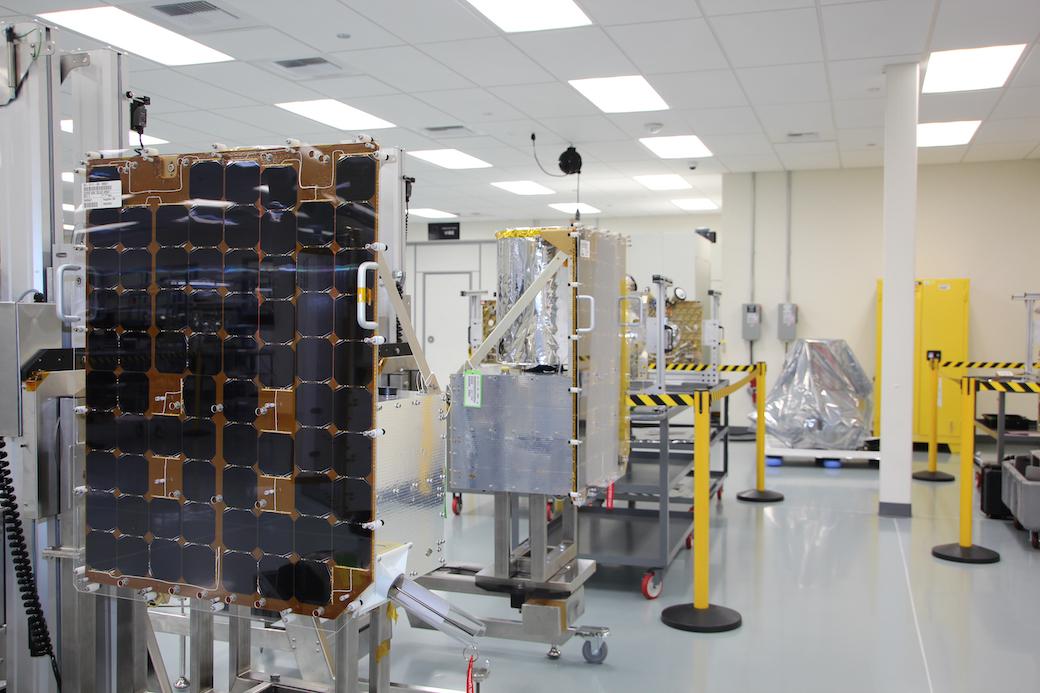
The partnership will lean on LeoStella’s Tukwila-based manufacturing facility.
Credit: LeoStella
Small satellite manufacturers LeoStella and Hera Systems have formed a strategic manufacturing partnership and put forward a combined proposal for the U.S. Space Development Agency’s (SDA) Tranche 2 Transport Layer communications satellite constellation. The two companies will collaborate on...
Subscription Required
This content requires a subscription to one of the Aviation Week Intelligence Network (AWIN) bundles.
Schedule a demo today to find out how you can access this content and similar content related to your area of the global aviation industry.
Already an AWIN subscriber? Login
Did you know? Aviation Week has won top honors multiple times in the Jesse H. Neal National Business Journalism Awards, the business-to-business media equivalent of the Pulitzer Prizes.




